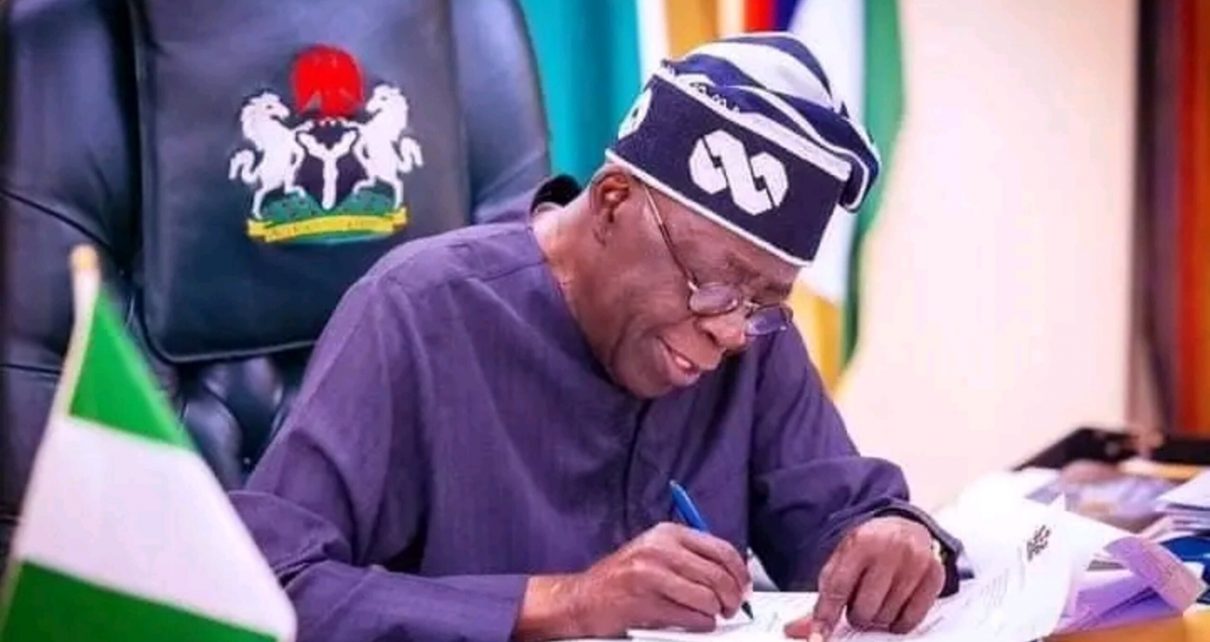President Bola Tinubu has made two significant moves in the realm of fiscal policy, as he presented the 2023 Supplementary Budget and sought Senate approval for the 2024-2026 Medium Term Expenditure Framework (MTEF) and Fiscal Strategy Paper (FSP).
In a letter addressed to Senate President Ahmed Lawan, President Tinubu expressed his gratitude to the Senate for the enduring partnership between the legislative and executive arms of government. He highlighted the preparation of the 2024 budget, which is progressing well and is influenced by ongoing global issues such as the Russia-Ukraine war and its consequences on global energy prices. The President emphasized the challenges in domestic revenue mobilization and the elevated public debt, as well as increased inflation affecting capital flows to emerging markets. President Tinubu stated, “In order to begin the process of preparing the 2024–2026 budget on schedule, I hereby forward the 2024–2026 MTEF and FSP to the National Assembly for their kind expeditious consideration.”
The Senate referred the MTEF and FSP to the relevant Committees on Finance, Appropriations, National Planning and Economic Affairs, and Local and Foreign Debt for further legislative input.
In a separate move, President Tinubu presented the 2023 Supplementary Budget of N2.1 trillion to the National Assembly. The supplementary budget request, contained in a letter to Senate President Godswill Akpabio, addresses the need for additional palliatives, wage awards for public servants, enhanced cash programs for vulnerable members of society, and critical investments in defense and infrastructure, particularly road construction during the dry seasons.
The Federal Executive Council (FEC) approved N2.17 trillion as the second supplementary budget for the year 2023. Atiku Bagudu, the Minister of Budget and Economic Planning, highlighted the allocation of funds for national defense and security, maintenance of bridges, wage awards for civil servants, cash transfers to vulnerable households, infrastructure support for the Federal Capital Territory (FCT), and support for off-season governorship elections in Bayelsa, Imo, and Kogi states. Additionally, the budget includes provisions for newly created ministries, including the Ministry of Marine and Blue Economy.
The approval of the supplementary budget is aimed at sustaining security gains, accelerating infrastructure development, and addressing urgent fiscal needs. President Tinubu’s dual approach reflects a commitment to ensuring Nigeria’s financial stability while addressing critical issues and long-term budget planning.


